This content has been archived. It may no longer be relevant
One of the greatest delights of being a founder member of ‘QLS Diverse Abilities Network’ has been meeting the other members and discovering their stories. One of those members I have had the privilege of getting to know over the last 14 months was Ollie Collins, a solicitor who by the age of 27 had already made an incredible contribution to the DAN, the legal profession and the world around him while facing challenges that would defeat most of us.
In the year of COVID, I only had the chance to meet Ollie virtually, through online meetings and emails, and we were all looking forward to the time when we could hold our meetings and events in person again. We were all shocked and deeply saddened to learn that Ollie died on 21 April. When I wrote my first article for Proctor last year, I confided to some of the DAN members that I was nervous about writing something so personal. Ollie agreed that it was a difficult thing to do, but he went on to say “the best way for people to connect with us and our work is if we take that leap”.
So, Ollie Collins, this one’s for you…
I cannot separate my experiences as a working parent from my experiences as a sole parent; I cannot separate those from my experiences as a disabled person; and I cannot separate any of those from my career, job, and profession as a lawyer.
All of those things brought me to where I am today and are responsible for most of my decisions throughout my working life. Decisions that most often, to a casual observer, have appeared illogical or incomprehensible.
Some years ago I found myself on a panel reviewing applications from law students for summer clerkship positions in a law firm. As we worked through the amazing applications from outstanding students, I began to seriously question my credentials for the role. We were rejecting the ones who had perfect GPAs and were volunteering to end world hunger because they didn’t also support themselves with paid part-time work?
I passed my law degree at the age of 20 with a respectable honours grade and was really happy with myself, but short of a flirtation with anti-nuclear weapon protests, I did nothing to save the world. The real kicker for me, though, was the question we asked those students: where do you see yourself in 5 and 10 years? Their answers revealed meticulous planning and strategising and a clear vision of their future careers.
I hope those students achieved some of their goals, and I hope even more that they found the destination worth the journey. As for me, I cannot think of a single major career decision that I made for purely strategic reasons or even for ‘career’ rather than ‘life’ reasons. In fact, very few of those decisions were made based on a single ‘life’ issue but instead resulted from the interweaving of several strands.
My disability heavily influenced my initial career path: law seemed to rely more on the brain than the legs. I started my career as a barrister in London. Still, I left after my pupil-master took it upon himself to chat with my orthopaedic surgeon about the compatibility of my disability with life as a junior barrister and concluded that I would survive better as an employed in-house lawyer than as a self-employed barrister.
I was startled to read in a research report titled ‘Legally Disabled? The career experiences of disabled people working in the legal profession’, released in 2020, that this situation is not uncommon: “We use the term ‘misplaced paternalism’ in the report to denote thinking or actions by people in authority, which they assume will ‘help’ a disabled person but can have the opposite effect by excluding them from opportunities.” 1
The result in my case was that I moved in-house to a construction industry trade association and became a construction lawyer. All because I turned up at court with my walking stick one day.
By the time of the next significant change in direction, life had become more complex. My disability was a key factor in the decision, but not the only one. 21 years ago, I moved from London to Brisbane because life as a disabled, grieving, widowed, working sole parent lawyer in London in the late 1990s was untenable.
The final straw was the morning I fell asleep at the wheel of my car while stopped at a red traffic light, having had less than three hours’ sleep in 24 hours. The previous morning I had dropped my child at day-care as soon as it opened and then driven to work, rush hour in London turning a 20-minute drive into a 90-minute crawl.
I had spent the day trying to drag a PPP project kicking and screaming to financial close, driven back to day-care for the pick-up, settled my child for the night with my next-door neighbours (who were incredibly supportive friends), then driven back into the city for negotiation meetings, left around 4am to drive home, slept for a couple of hours before getting the baby up and off to day-care for 8am, and fell asleep for a few seconds on the drive back to work.
This incident was the final trigger for making such a drastic move, with a toddler, to a country I had never visited and where I knew almost no one, but what that moment represented was the point of intersection of the various strands of my life at the time.
Day-care did not open until 8am, which necessitated travelling to work in rush hour; public transport was causing physical damage to my body (picture a crowded tube train full of commuters clinging to their hard-won seats, refusing to make eye contact with the barely standing woman on crutches), leaving driving as the only option. The demands of my job required the juggling skills of a master (and the help of the next-door neighbours and a sister-in-law) to attend negotiation meetings through the day and often into the night while trying to be both mother and father to a baby.
The opportunity to move to Brisbane, where everywhere was 20 minutes away from everywhere else, day-care opened early, I could drive to places and find parking, and where my work would mostly fit within normal hours, seemed like a dream come true. In many ways, it was, but in time the points of intersection between disability, physical health, the responsibilities of a sole parent and a job that increasingly demanded significant interstate travel led to the next major change, and I left the law firm I had moved to Australia to join and set up my own practice.
How many of our colleagues, clients and peers are influenced by backgrounds and life events of which we know little but fundamental to how they make decisions and interact with the people around them? In 1989, Kimberle Crenshaw, Acting Professor of Law at UCLA Law School, coined the term ‘intersectionality‘2 to define the interlocking effects of racism and sexism.
She examined the difficulties inherent in judicial treatment of intersectionality, and the resulting injustice for Black women, in particular, noting that “the intersectional experience is greater than the sum of racism and sexism”. She argued that Black women were sometimes excluded from feminist theory and antiracist policy discourse “because both are predicated on a discrete set of experiences that often does not accurately reflect the interaction of race and gender”.
We cannot hope to understand the people we deal with in our working lives if we ignore the full measure of who and what they are and how they have been shaped by both the sum and the intersectionality of their experiences.
In our working lives, as we leave the house and head to work, we so often try to separate and leave behind everything but our lawyer persona. Perhaps because we believe it isn’t professional to show our real lives, or perhaps in my case because there always seemed to be too many pieces of my real life, too much complication, too many diversity criteria.
As lawyers, we often love to classify and categorise, to put people into neat little boxes and file those boxes away in our mental filing cabinet. We may even feel uncomfortable when some people spill over into many different boxes. But the reality is that people, even lawyers, defy categorisation: they exist in various colours and cultures, genders and sexual orientation, ability and disability.
It is often at the points of intersection of all the strands of our real lives that the complexity of the pain, despair, richness and beauty of who and what we are is revealed, and it is there that we all have so much to learn from each other.
In the past year of lockdowns and online meetings, we have been privileged to peek beyond the carefully curated lives of our colleagues, clients and peers and have been treated to a glimpse of the character behind the work persona.
We have heard the children arguing about homeschooling, we have seen the pets, we have critiqued the décor of home offices and admired implausible backgrounds, we have watched with curiosity as they take delivery of their online shopping purchases (how else would I have discovered Cheese Therapy?) and, of course, we have learned to treat filters with caution after seeing the unforgettable cat lawyer of the 394th Judicial District Court of Texas.3
In a recent ABC article on diversity and inclusion in the workplace,4, one of the women interviewed about racial and cultural diversity talked about the value of people being able to “bring their whole selves to work”. My sincere hope, for when the world of work ‘gets back to normal, is that we don’t shut our real selves back into their boxes.
Instead, perhaps a legacy of the pandemic could be a greater appreciation of the diversity of experiences that shape us all and the realisation that it is only when we bring our whole selves to work that we can truly understand and learn from each other.
1 Foster, D and Hirst, N: “Legally Disabled? The career experiences of disabled people working in the legal profession” Cardiff Business School, Cardiff University, Wales.
2 Crenshaw, Kimberle () “Demarginalizing the Intersection of Race and Sex: A Black Feminist Critique of Antidiscrimination Doctrine, Feminist Theory and Antiracist Politics,” University of Chicago Legal Forum: Vol. 1989: Iss. 1, Article 8.
3 https://www.abc.net.au/news/2021-02-10/us-lawyer-accidentally-turns-on-cat-filter-during-court-hearing/13139990
4 https://www.abc.net.au/news/2021-04-08/duleesha-was-asked-to-change-her-name/100053682


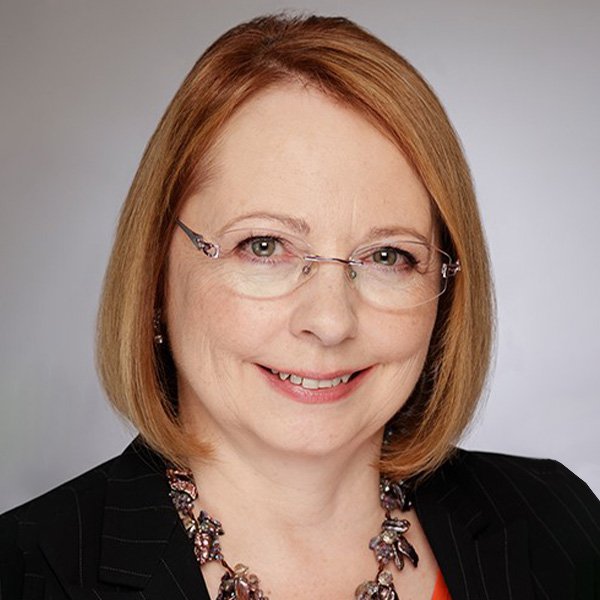
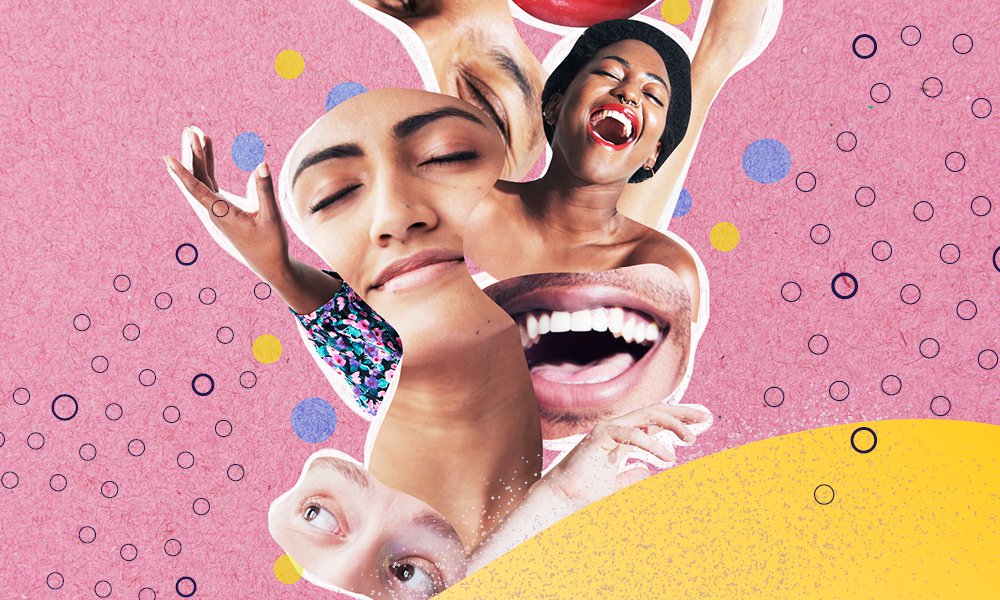



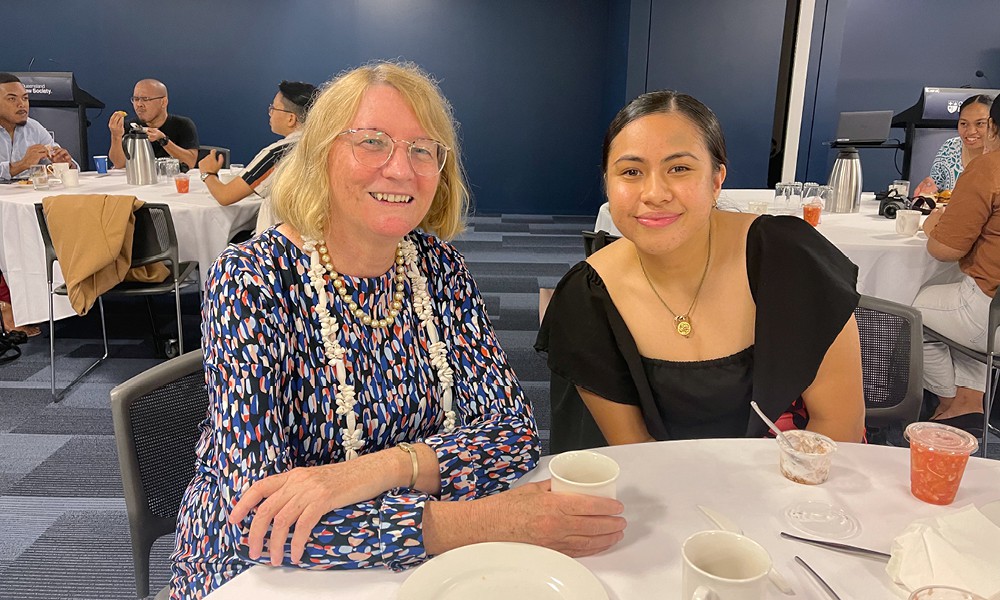
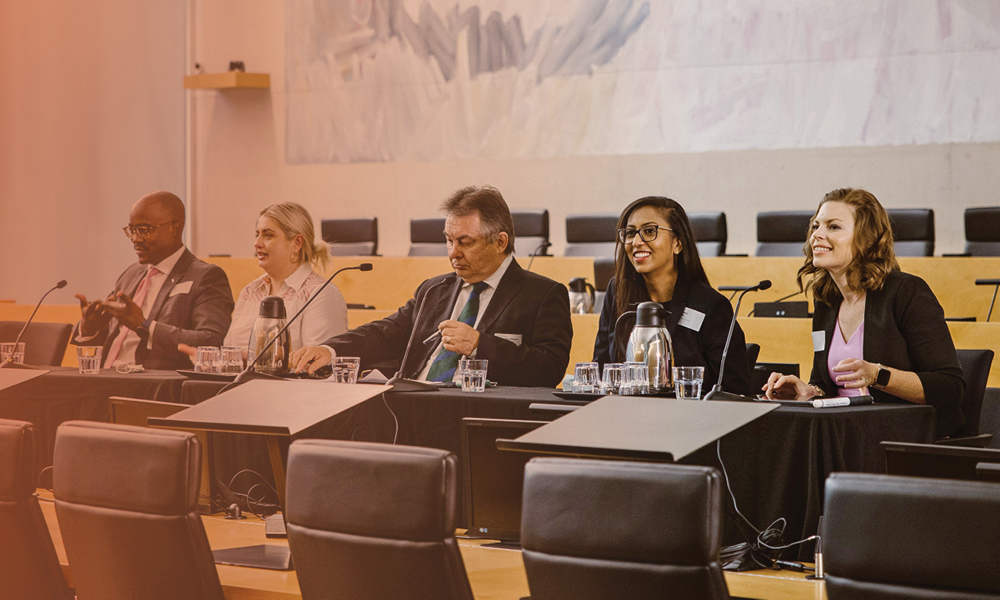

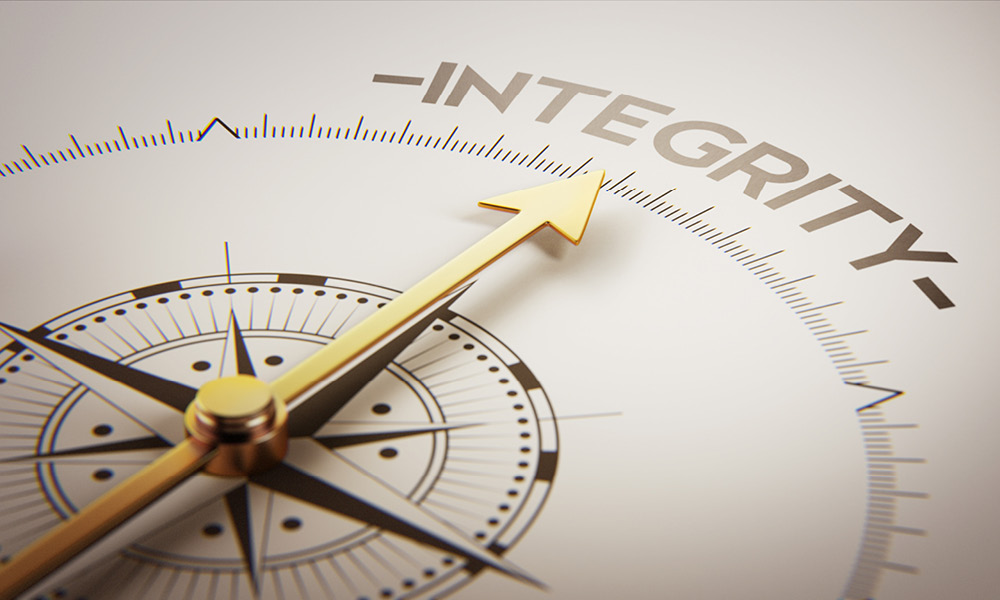
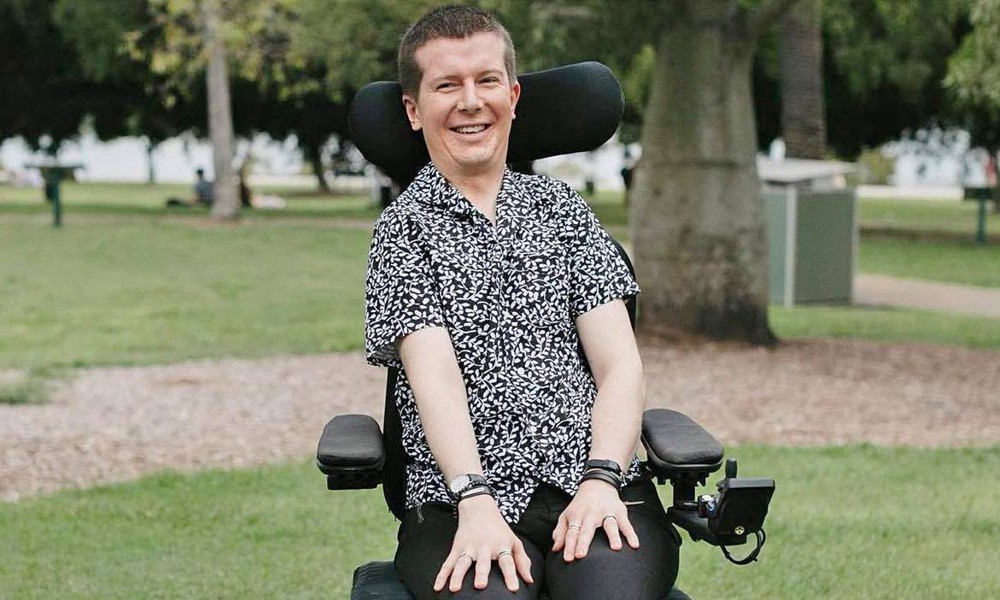
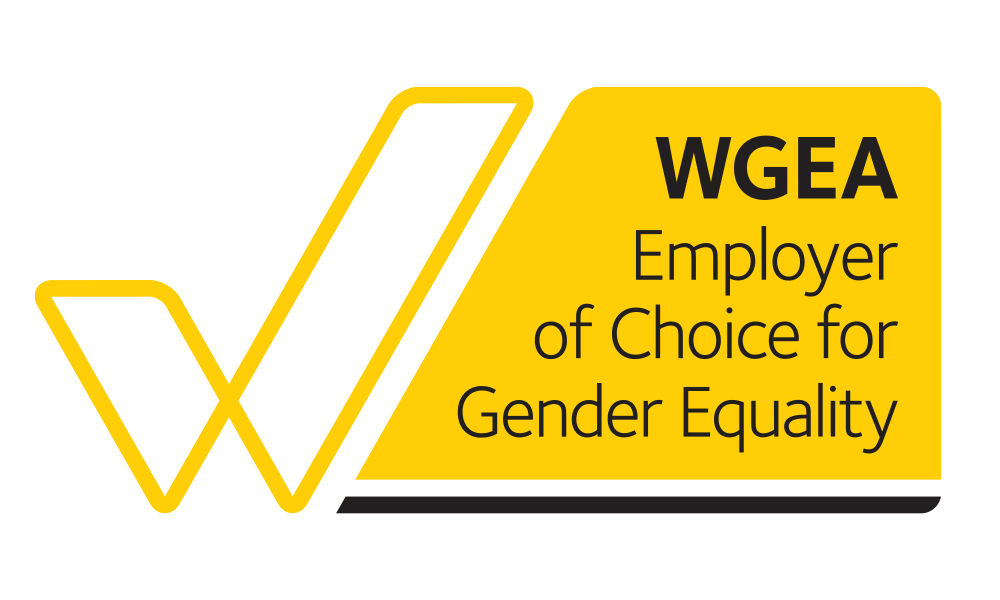

One Response
Lovely article, Fiona. Genuinely insightful, and asking us all to think more about the person.
I remarked to a few people the other day that I thought the one key thing that one could bring to a team or workplace was “to care” … care about the people, care about the outcomes, care about the flow-on effects of what you do.
I’m so happy to have known you through these 21 years in Brisbane … remembering the many shared experiences, including that Canberra project that triggered the change (probably a great example of people who didn’t really care at all?).
I hope everyone that reads this article takes it to heart … it would be a nicer world to live in.